Happy March, everyone! Spring is coming slow and steady to the Midwest. Let’s celebrate a new month with two amazing indie authors who’ve founded a literary journal currently open to submissions.
Let’s begin with the niceties. Tell us a little about yourselves, please!
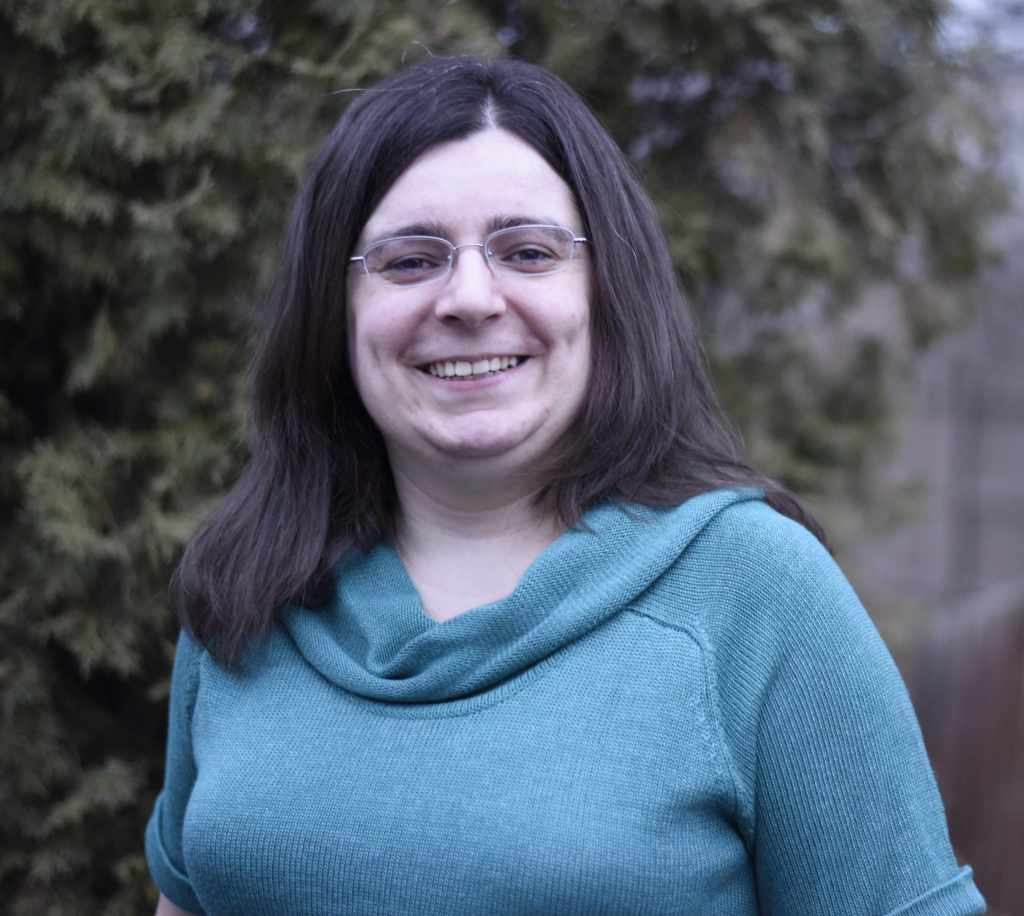
Cendrine: My name is Cendrine Marrouat. I was born and raised in Toulouse, France, and now live in Winnipeg, Canada.
I am a photographer, poet and the author of 15 books in different genres: poetry, photography, theatre, and social media. In my career, I have worked in quite a few other fields, including translation, teaching, social media coaching, and journalism. I was a content curator and creator, as well as an art critic for a while too.
David and I launched Auroras & Blossoms Poetry Journal and the Poetry Really Matters show in 2019. I am also the co-founder of a photography collective called FPoint Collective. Finally, I created the Sixku (a poetry form) and the Reminigram (a type of digital photography).
My website can be found at www.cendrinemedia.com.

David: Hello, my name is David Ellis. I am a British born and raised, I live in the South-East of England.
I am the author of several collections of poetry (my debut collection won an international award in the Readers Favorite Book Award Inspirational Poetry Category). I also have authored a short story collection, co-authored several books with Cendrine and co-founded Auroras & Blossoms Poetry Journal with Cendrine too.
I have interviewed hundreds of authors about their creative drives and what has inspired the writing in their lives.
My website can be found at www.toofulltowrite.com.
What was an early experience where you each learned that language had power?
Cendrine: My mother was a teacher. She was adamant that I learn to read, write and count before the end of kindergarten. My father is an avid reader, like she was. As I discovered the world around me, I realized that words mattered, that the way a person spoke or wrote had an impact on people’s perception of them. Then I studied English and (some) Spanish in school and at university. My understanding of the power of language increased tremendously as a result.
David: I think for me, my epiphany with the power residing in language started with and will always be indebted to the late author Terry Pratchett. I remember when I first started reading his books that I needed a dictionary to keep up with some of his turns of phrase. What I believe was happening was that he was planting seeds that were evolving into the more humourous aspects of my writing. My English grades actually went up higher than any other subject at the time, due to Pratchett forging a love of language inside of me, as I devoured his fantasy Discworld series.
Furthermore, it has been through the act of writing poetry for many years that I have discovered my passion for crafting inspirational and motivational verse. The reactions from people regarding how I have encouraged them over the years with my words have given me even more respect for the magical power that language can have, along with how words can heal people and bring them closer together.
Who are your favorite under-appreciated writers/photographers? Let’s spread the word on them, here and now!
Cendrine: My favorite poets: Kahlil Gibran and Alphonse de Lamartine. The Prophet is loved worldwide. But very few people actually know that Gibran wrote many other stories. His drawings are also beautiful.
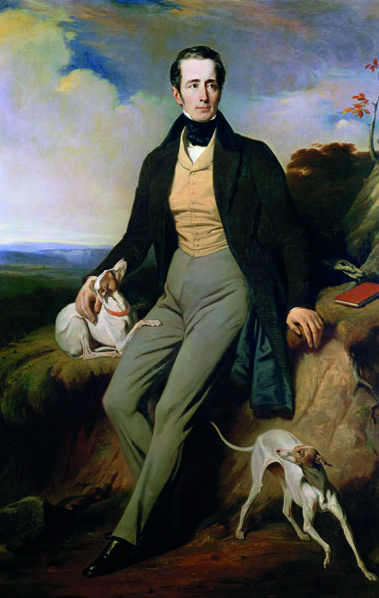
Lamartine was a French writer, poet and politician whose most famous piece, The Lake, also contains his most famous words:
“Oh, Time, stop your flight! Hours, don’t run away!
Allow us to savor this delight, the best of life’s brief day!”
My friend Isabel Nolasco, the other co-founder of FPoint Collective, is a very talented photographer. She hails from Portugal and the world is starting to discover her images.
David: If we are talking poets, I would definitely have to go with Edgar Allan Poe, since I wrote an entire book of poetry inspired by all of his poetry! I would say that Poe is remembered more for his short stories but probably less well known for some of the unique gems in his poetry collection. Leonard Cohen is another hero of mine, who I think gets more focus on his music than his poetry, which I find to be really sensual and compelling.
I have a few favourite indie writers who could always do with more reader love any day of the week. Christie Stratos (www.christiestratos.com), who has her own podcast interview show and writes really unique fiction books (check out her Dark Victoriana collection). JD Estrada is another amazing author who has a ton of brilliant books covering fiction and lots of incredible poetry, you can find him at https://jdestradawriter.blogspot.com/. Finally, I would also like to put out a quick shout out to Anais Chartschenko, who is a fabulous musician, poet, author and fellow lover of tea! She can be found at https://anaischartschenko.weebly.com/. All of them are extremely friendly, multi-talented and very inspirational to me in many different ways. They are definitely very groovy people, so go check out their wares soon!
Cendrine, you also regularly update your growing collection of photography. How does visual expression differ from written expression? What does a composition need to contain before you feel ready to hold your camera up for the shot?
Cendrine: Photography and poetry are the same to me. Whether I pen a piece or take a photo, it is all about telling a story but in the “show don’t tell” fashion.
Composition is in the mind before it ends in an image or a poem.
David, you find inspiration in the classic writers of the past, including Edgar Allen Poe and William Shakespeare. What is it about such writers that brings the poetry out of you?
David: I’m fascinated with the poetic language that they employ in their writing works. I remember at school being overwhelmed by having to work out what every sentence of Shakespeare’s plays meant, line by line, I actually ended up feeling it was quite a tedious process. It wasn’t until years later that I developed a real fondness for the bard (I’m glad my school years didn’t completely put me off!) when I discovered how he was playing with the language he was using and inventing many idioms that we commonly use to this very day.

I’ve felt that Edgar Allan Poe combines the art of storytelling with his poems magnificently. ‘The Raven’ stirs up such vivid imagery and emotions in me, when I read it and listen to it being read aloud.
There is so much inspiration in the past, providing that you have unique ways of navigating it, appreciating its splendor and inherent beauty. I draw a lot of energy and writing experience from these authors because of what they are describing and the filters they interpret the world through in their own eyes. I find it a privilege to be reading the classics of the past, absorbing them and reinterpreting them for an appreciative future audience.
For me, I’ve actually reached a point where I’ve realised that I can literally find infinite inspirational material from the past and that is an incredible feeling to have in your life. Now, I just have to find the time to keep writing and publishing all of the ideas that I have!
Together you two have created a poetry journal, Auroras and Blossoms. Are you currently accepting submissions? What does it take for a piece of writing to be featured in your journal?
Cendrine: We accept submissions all year long. Our magazine promotes inspirational and uplifting poetry and poetry-related content, no matter the topic. We accept everyone (adults and teenagers alike), as long as they have something positive to say.
Auroras & Blossoms Poetry Journal is family-friendly, which means that the poetry has to be clean. No swearwords and no erotica / political pieces. The poems we select come from people who understand two things: the meaning of the word “positive” and the essence of poetry as an art form. They have a great message to share, a message that can help readers see the world in a different way.
David: Cendrine and I joined forces together on Auroras & Blossoms Poetry Journal because we both have a vision to share more inspirational poetry with the world, written by very talented people from all around the world. This specific type of poetry is the main reason why we both started writing and publishing books.
We encourage people to submit to us from all walks of life, we do not judge people on whether they have been published in previous journals. We prefer to instead look at the quality of the poetry a person writes and whether it could deliver an inspirational theme and message to our readers.
We don’t really have a specific type of poetry style that we are looking for, we will accept short and long pieces. As long as you take us on an inspirational journey with your writing and give us reasons to believe that your poem was written to be positive, uplifting, and/or motivating then you have an excellent chance of being published with us.
If you had to do something differently as a child or teenager to become a better poet/photographer as an adult, what would you do?
Cendrine: I would not do anything differently. I had a difficult childhood followed by challenging teenage years. I learnt a lot from my experiences and that is what makes me the artist I am today.
David: As a child, I think I ignored my literary instincts for quite some time, until it became apparent that I was excelling at English Language and English Literature more than any other subjects I was studying. I also developed a passion for song lyrics, in addition to poetry but I refrained from attempting to make music for many years. So, my advice to my younger self would be to start writing and refining your craft as soon as possible because it will take you many years to discover what you are truly good at and what motivates you to write every single day. That’s when the really exciting part of your life begins!
What is the most difficult part of your artistic processes?
Cendrine: Nothing, really. I am just a slow writer. But I have improved over the years.
David: I think for me it is having too many ideas to deal with at once and engaging in the necessary discipline to sit down and list out all of these ideas. This can extend to listing down ideas that I have about the project itself. When I find my focus, I can keep going for hours, often at the expense of not noticing where the time has gone. So yes, focus is the most difficult part for me in the artistic process, once you nail it down and commit to a project, that’s when you can ignore all other distractions and get on with completing a project to the best of your ability.
Does writing energize or exhaust you?
Cendrine: It energizes me greatly!
David: I used to find writing exhausted me when I worked on many different aspects of it at the same time. Take National Poetry Writing Month for example. When I participate, I tend to write and edit poems every day for a month, make a professional looking blog post and share many other poems that I find too and then attempt to read them all as well. When you are looking at tens, possibly even a hundred posts at a time, in addition to trying to write your own polished post, it is easy to get burnt out.
I’ve therefore learnt to be more considerate of my own time and not to try to cram too many things into one day. Writing has become a lot more fun for me as a result and I can do much more of it, when I appreciate and reflect on how much I have achieved in a single day.
Do you think someone could be a writer if they don’t feel emotions strongly?
Cendrine: Strongly? I’m not sure. But you cannot be a writer if you are afraid of sharing your voice and emotions (even indirectly) with the world. Because every word you leave on a page bears your mark one way or the other.
David: I think it is imperative for writers to be empathetic and to feel emotions strongly because they can then act in ways that people would do in real life. They can get under the skin of a character or subject matter and write in a way that emotionally connects with the reader.
All I know is that I write deeply, emotionally stimulating poetry and it creates a magnetism that helps me connect with like-minded people. When this is lacking in writing, whether it be the passion, focus or drive from the writer, if this emotional distance is conveyed to me as a reader, I am not going to be compelled to read more of their work, plain and simple.
What are common traps for aspiring writers and photographers, and how do they avoid them? (My young daughter is quite keen on both photography and writing, so I’d love to share your advice with her!)
Cendrine: Most of the aspiring artists I have met lack self-confidence and compare themselves to others way too much. How do you avoid those traps? Do NOT listen to naysayers.
Just know that you cannot please everybody. Do not take negative criticism personally. But pay attention to constructive feedback. Compare yourself to others only to understand your own style.
David: Read the kind of books that you would like to write. Think of the kind of things that you would like to see written but can’t find and then go write them yourself.
Take advice from “How To Guides” as a means to enhance your own creativity but just take what things work for you and discard the rest. Don’t buy many guides and spend all your time reading them as an excuse to neglect your writing.
By all means be prepared but only do enough research to get yourself started. Starting is always the most difficult part in any endeavour. Find a theme, think a bit about it, do your research and get writing as soon as you possibly can. The rest will follow soon enough. If you need guidance, write a short outline of what you want to achieve and then work through all of those points but don’t spend all your time planning and get writing!
Try to write every day, even if it is only a few lines. I have been told constantly in any artistic profession that anyone, no matter how busy they are, can spend at least ten minutes a day indulging in their own creative expression. You will make more time as your passion grows. Diligently find the time to fuel your creative passions, watch an hour less TV a day, shut yourself away for small periods of time, turn off the computer or put aside your mobile phone if you have to and make time in your life to create, your soul will thank you for it.
Be sure to share your work with friends and other writers. Be willing to take constructive (not negative) feedback for your work. Write until you have so much good material that you simply have to publish, then work to get it published!

~STAY TUNED NEXT WEEK!~
It’s high time for some powerful music, especially since it was such a joy to use music to welcome spring last year. I am finally, FINALLY working on a bit of short fiction, and would like to share it with you! We also need to consider the dangers of altering characters mid-story, and how those changes cause disconnect among fans…not to mention plot points.
Read on, share on, and write on, my friends!
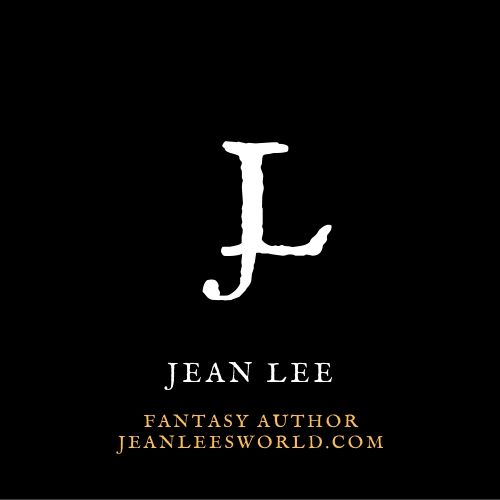

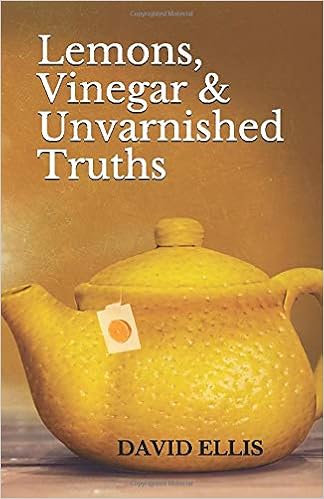

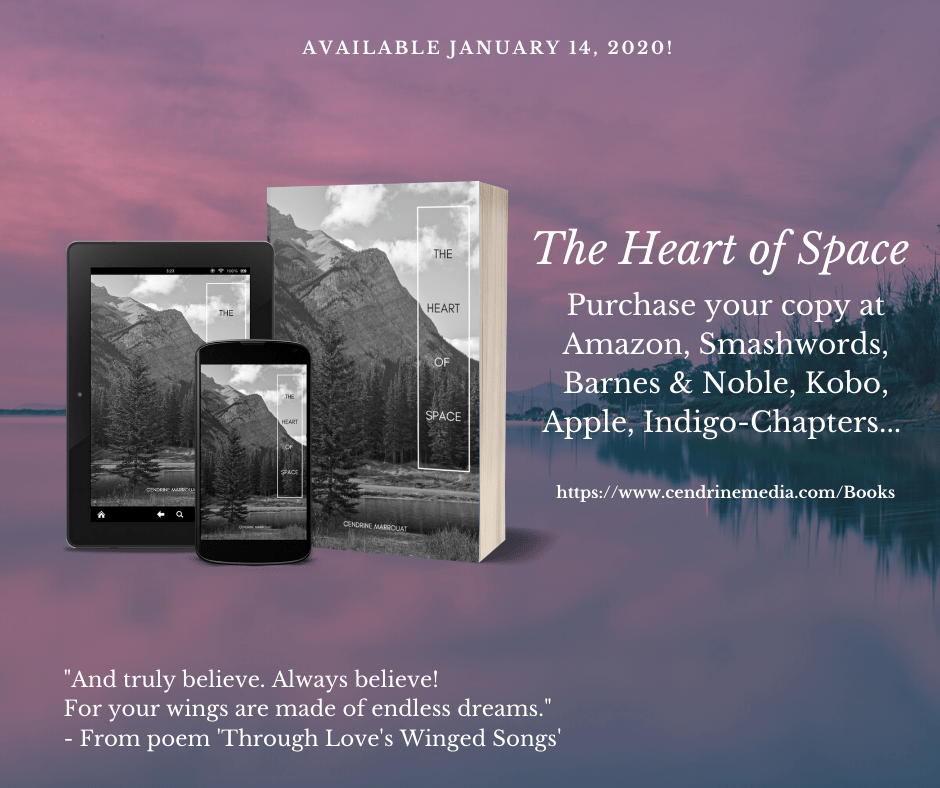

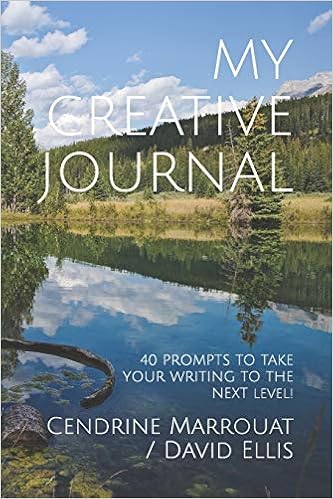
The journal looks such a wonderful idea. So pleased it encourages teens and adults.
I’m so pleased your back to a bit of fiction. It will be such a release for you. xx
LikeLiked by 2 people
Hello there!
We are so happy you like the idea of the journal. Yes, we want people of all ages to be able to read great poetry. If you write poetry, feel free to send something to us. 🙂
LikeLiked by 2 people
It is, if I could find some &%*@#&#%)( time. Gah! I fear losing the tale in the recesses of my imagination, dammit.
But I’m happy to share other writers writing!
LikeLike
Hello Jean, thank you so very much for featuring us! We appreciate the support more than you can imagine!
LikeLiked by 3 people
You are most welcome, my friend! I’m always happy to share amazing creative souls with others. xxxx
LikeLike
Thanks for introducing me to these two writers.
LikeLiked by 2 people
Thank you for reading us!
LikeLiked by 3 people
Most welcome, Friend! Hope you’re well.
LikeLiked by 1 person
Very bright people. Fascinating interviews. They are focused and clearly have given a lot of thought, consciously or not, to their approaches to life.
Hi Jean. Enjoy the new week. Take care.
LikeLiked by 2 people
Thank you for your comment! Our thoughts have all been conscious. 😉
LikeLiked by 2 people
Hi, Neil! I’ll do my best. Lots of tweens will fill my week, which…yeah, not looking forward to it, sigh.
LikeLiked by 1 person
Reblogged this on toofulltowrite (I've started so I'll finish) and commented:
An interview that I did with fellow author/poet Cendrine Marrouat over at the amazing fantasy author Jean Lee’s World. You can gain further insight into our books and my poetry magazine Auroras & Blossoms Poetry Journal too!
LikeLiked by 2 people
What interesting people! I feel a real connection to what they have to say, so thanks for the introduction.
I’m really looking forward to reading what you’re working on, Jean 🙂
Enjoy your week, wherever it takes you!
LikeLiked by 2 people
Thank you, Chris! We are happy you feel a connection. Feel free to say hi on social media! 🙂
LikeLiked by 2 people
Thanks so much, Friend! xxxx
LikeLiked by 1 person
“To write every day, even if it’s only a few lines” is something that I need to remember and do!
LikeLiked by 2 people
Me too!
LikeLiked by 1 person
So today, I’ll begin!
LikeLiked by 1 person
What a lovely interview with two amazing creatives – I love that they are focusing on uplifting and inspirational poetry:). I will have to sift through some of my own poetry and see if I have something suitable…
LikeLiked by 1 person
We look forward to reading you!
LikeLiked by 2 people
Yes yes, you should!
LikeLiked by 1 person
This was inspiring, and I appreciated David Ellis’s comments regarding finding focus when you have too many ideas! Like Cendrine Marrouat, I consider myself a “slow” writer, and my pitfall with that is that I compare myself to “fast” and more prolific writers; and sometimes treat myself as flawed instead of honoring my own process.
LikeLiked by 2 people
LESLIE! How are you? So happy to see you here. Yes, I struggle with writing pace, too. So many are able to put out multiple stories in a year, while I’m happy to complete SOMEthing. We need to take pride in our own process because it works for us.
LikeLiked by 1 person